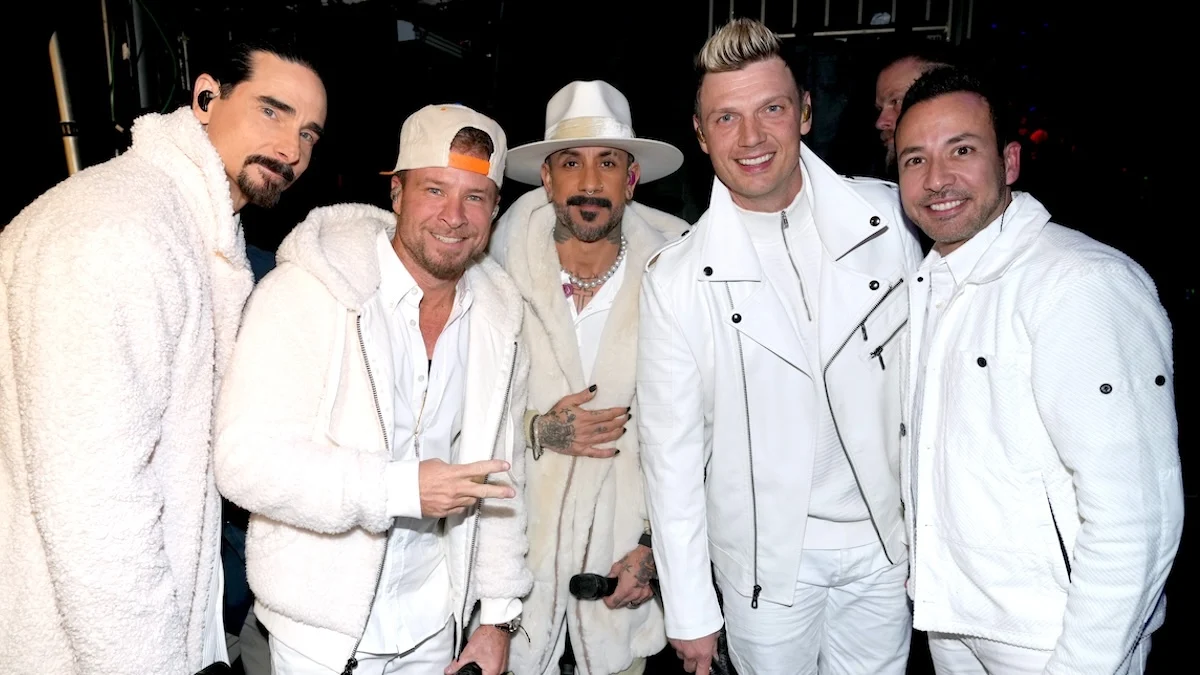Netflix has tackled some pretty heavy topics in its documentary series, from the disturbing cult featured in Escaping Twin Flames to the real-life drama reminiscent of Gone Girl in American Nightmare. One of their latest docs, Dirty Pop: The Boy Band Scam, dives into a troubling story involving Lou Pearlman and his Ponzi scheme that affected the Backstreet Boys.
Dirty Pop sheds light on the Backstreet Boys’ rise to fame and how their manager, Lou Pearlman, exploited them.
What is Backstreet Boys’s Net Worth
The Backstreet Boys have amassed a combined net worth of $200 million. Surprisingly, the richest member isn’t Nick Carter, as many might think. Instead, it’s Brian Littrell, who has a net worth of $45 million. Kevin Richardson and Howie Dorough each have $40 million, Nick Carter has $35 million, and AJ McLean has $20 million. It turns out that being part of a globally loved boy band can be incredibly lucrative!
How Much Money Did Lou Pearlman Steal?
According to Forbes, when the Backstreet Boys sued Lou Pearlman in 1998, they claimed he had stolen $10 million from them but had only paid them $300,000 between 1993 and 1998. Pearlman made a fortune while the Backstreet Boys struggled with meager earnings despite their success. Both the Backstreet Boys and NSYNC took legal action against him. Pearlman initially won $64 million from the settlement, although he was eventually arrested and sentenced to prison.
Dirty Pop details Pearlman’s Ponzi scheme, which swindled around $300 million, and his bank fraud totaling $200 million. He convinced people to invest in his company, Trans Continental Airlines, promising FDIC insurance on their investments. However, investors never got their money back. One couple even lost their life savings of $300,000. Pearlman’s scheme left nearly 2,000 people destitute before his death in 2016.
Despite Pearlman’s deceit, some Backstreet Boys members, like Howie Dorough, maintained a complicated relationship with him. Dorough attended Pearlman’s grand birthday parties and referred to him as a “mentor.” This raises a tricky question about how to feel about someone who, despite their wrongdoing, played a significant role in helping you achieve your dreams. As Michael Johnson of the band Natural, who also worked with Pearlman, put it, “That’s the monster that was my best friend.”


